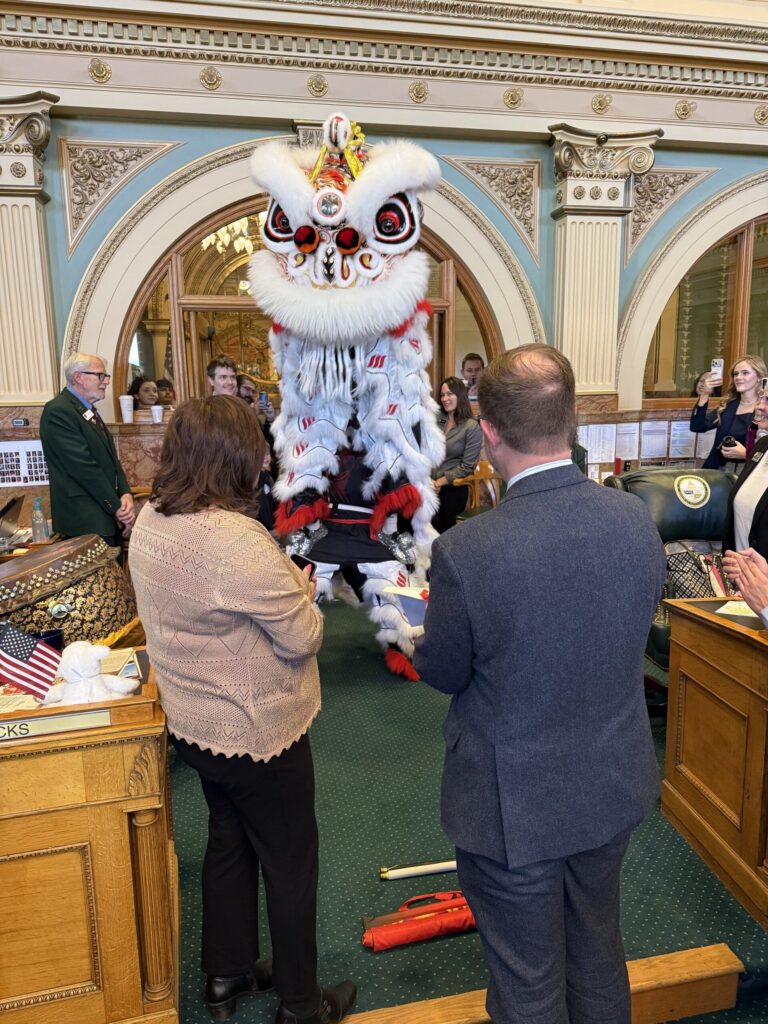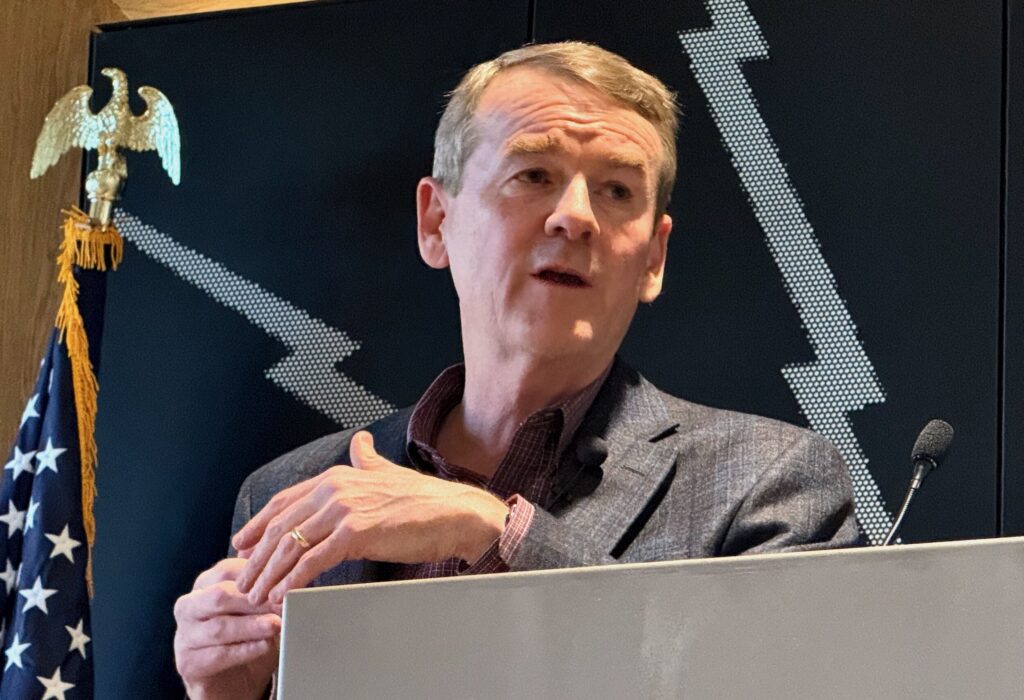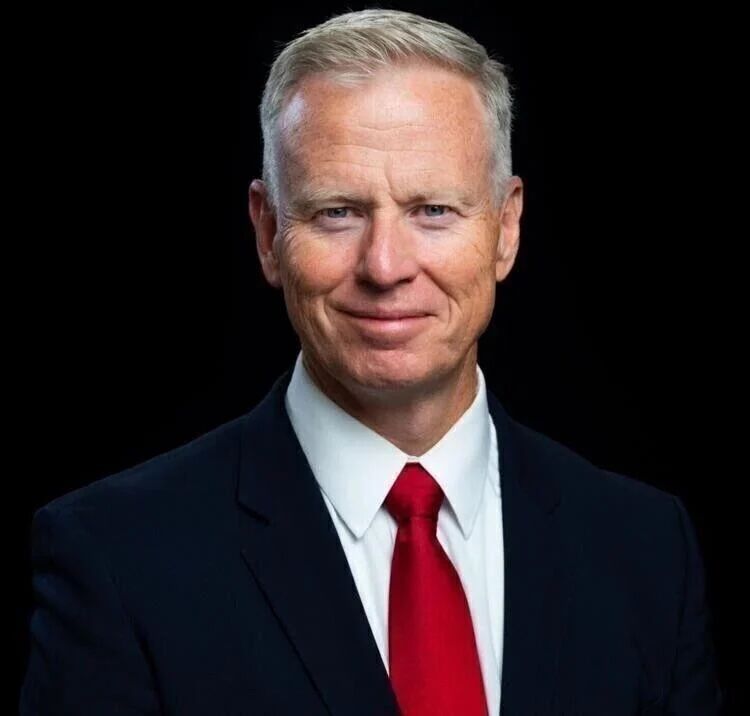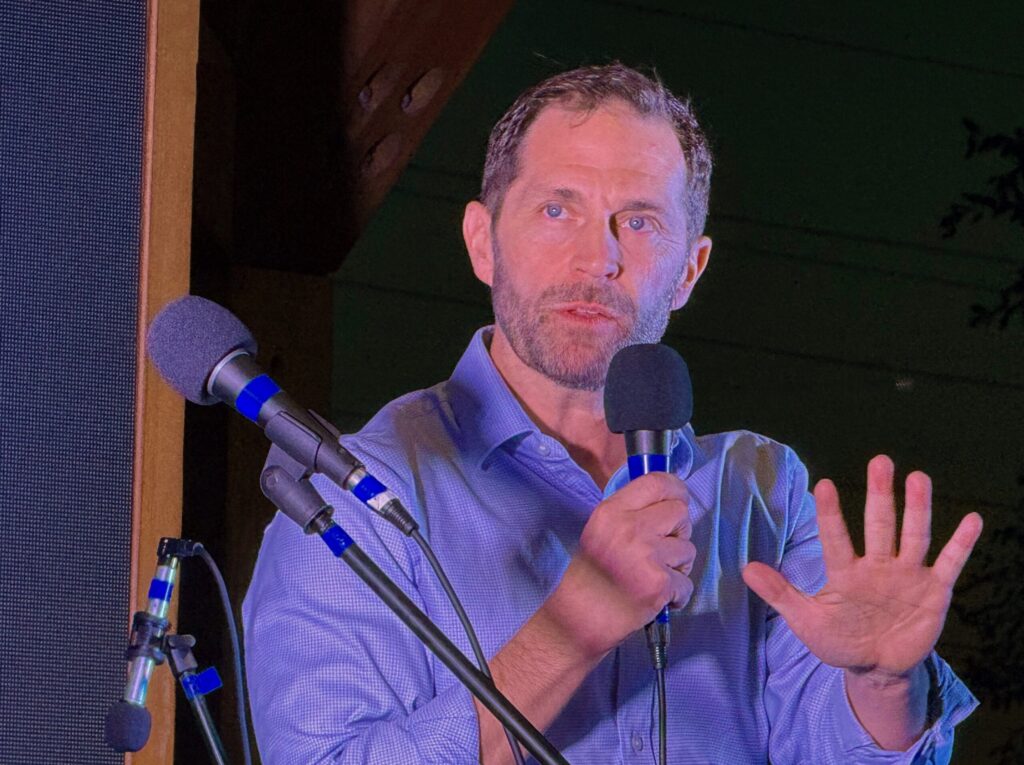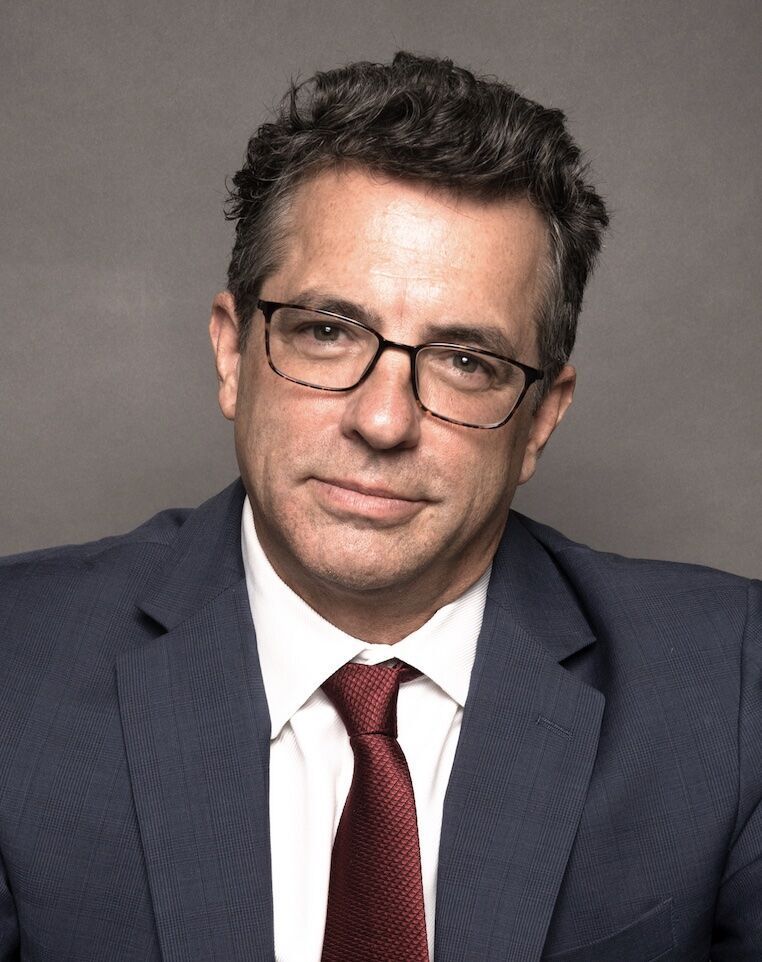Minimum-wage hikes hurt Colorado’s poorest residents

Last month, Colorado raised its minimum wage in accordance with Amendment 70, from $9.30 to $10.20 per hour, and many restaurants are already feeling the impact. Too often, seemingly benevolent government policies like the minimum wage often stop the poor from getting ahead.
Raising the minimum wage would certainly help some workers, but those gains come at a cost. When the price of labor goes up, cold-eyed businessmen intent on maximizing profit will do whatever they can to keep costs low. When this happens, the poor end up bearing the brunt of the cost – even President Obama’s Congressional Budget Office estimated that raising the federal minimum wage to $10.10 per hour would kill 500,000 jobs.
Not everyone who works for the minimum wage is destitute: about half are teenagers or young adults, who typically have families to support them. But it’s those living in poverty who are hit hardest when legislators and progressive voters hike up the minimum wage. A study by Marquette University and Texas Christian University analyzed found that, if the wage were raised to $15 per hour, “In Chicago, 28 percent of job losses would be concentrated among workers in the bottom decile of the wage distribution, while 38 percent of job losses in Boston would be concentrated among the poorest 10 percent of wage earners.”
This isn’t just economic theory. When Seattle raised its minimum wage from $9.47 to $13 per hour, hours worked fell by nine percent. Some researchers believe these issues could be avoided if wages were more slowly ramped up (the approach Colorado is taking), but Seattle’s case does show that employers must react by cutting hours or jobs–or they risk going under. CBS reports that Colorado restaurants are already reacting to the new regulation by laying off some workers.
Too often, employers deal with the rising costs of labor by firing poor workers. Basic economics tells us that CEOs are incentivized to focus on their bottom lines, so when the cost of labor rises, many of them will push that cost onto poor workers. It’s shortsighted to assume this policy will have no bad consequences.
For poorer workers, being fired often wrecks their ability to make ends meet. When you are living paycheck-to-paycheck, even short-term unemployment can be catastrophic. And employers are often leery of gaps in work, because those lead them to fear that the employee is more of a liability than an asset.
We should be cautious when fighting for policies that might unintentionally push the poor out of work, especially when unemployment creates ripple effects that can trap them in poverty long-term.
The minimum wage also kills small businesses: a Harvard Business School study found that a “one dollar increase in the minimum wage leads to a 14 percent increase in the likelihood of exit,” for the typical restaurant. After all, mom-and-pop shops often operate on razor-thin margins. When a local restaurant sees its labor costs double, it can easily fold. And when large corporations sees rising labor costs, they can easily automate and replace newly-expensive workers.
If we really want to help the poor, there’s a better way: reform our occupational licensing laws. Colorado’s occupational licensing laws lock the poor out of middle-class jobs, from barbers to manicurists, by making it prohibitively difficult to get started. A woman who wants to become a barber might need to spend hundreds of hours training, and pay a hefty fee, just to earn her license. These requirements trap poor Coloradans in low-paying jobs by preventing them from getting started in their chosen fields.
Even if the minimum wage didn’t kill jobs, it’s not a long-term path to prosperity, because a well-paying job at McDonalds could still be a dead-end job. To really help poor Coloradans, we should start by ending laws that prevent them from building a career.



